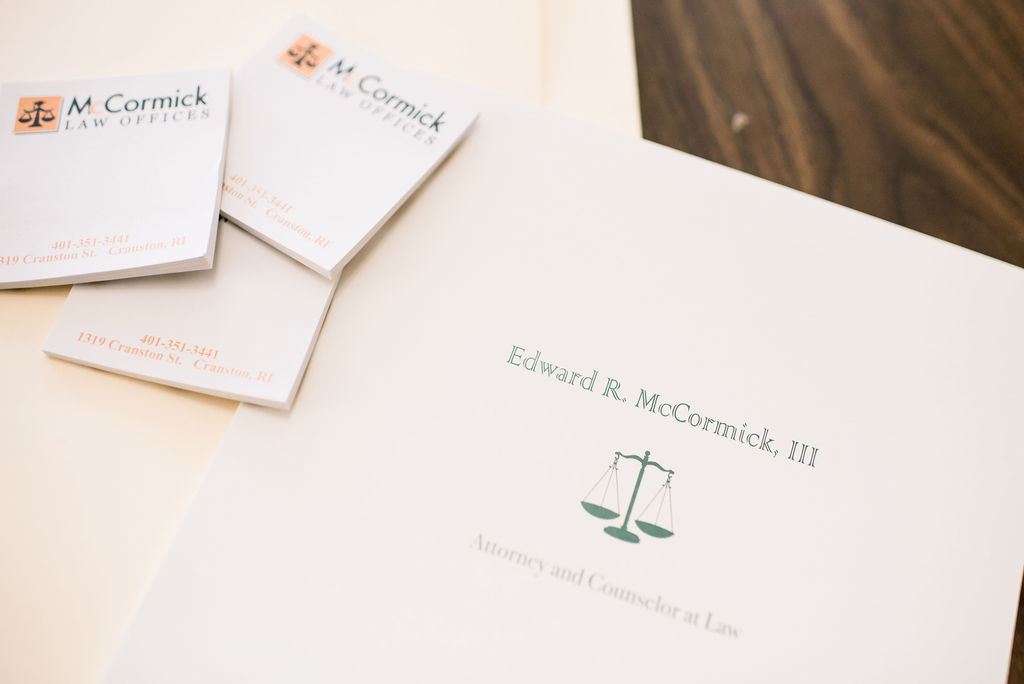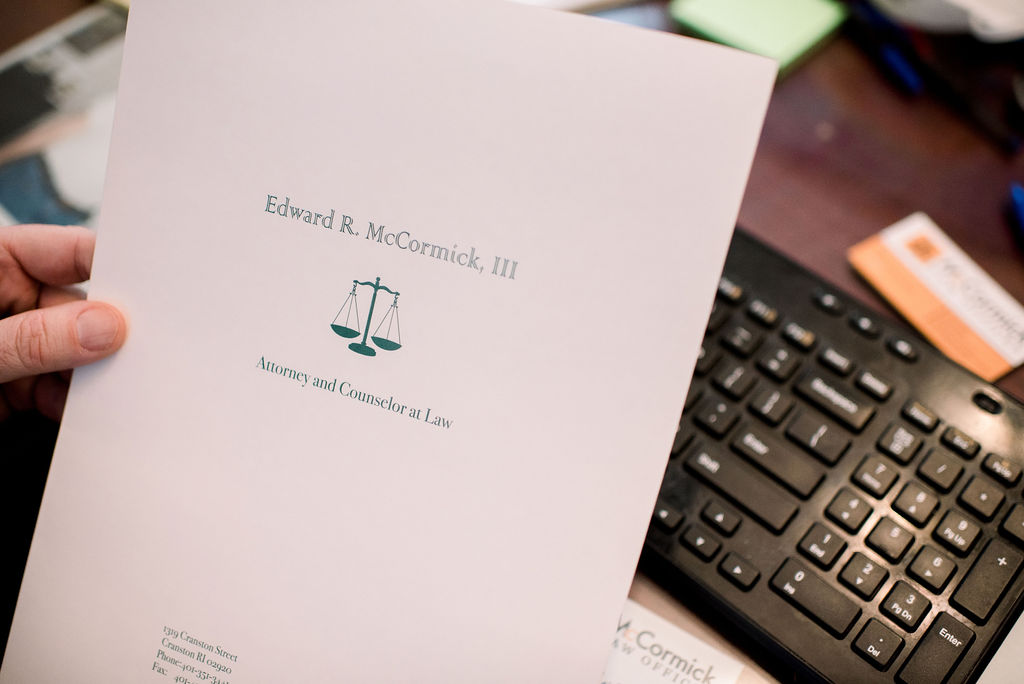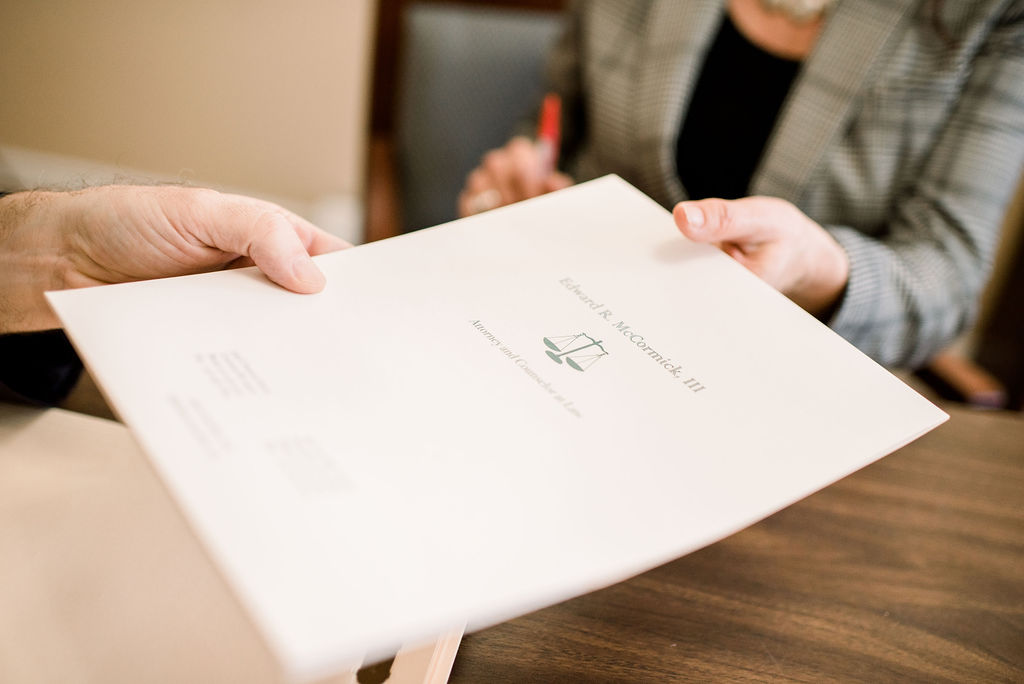A loved one’s passing is already difficult—but when their will seems suspicious, outdated, or unfair, it may also trigger legal concerns. In Rhode Island and Massachusetts, contesting a will is possible under certain conditions. This article walks through the legal grounds for a will contest, the steps involved, and how a probate attorney can help protect your rights.
What Does It Mean to Contest a Will?
Contesting a will means filing a formal objection in probate court, arguing that the document is invalid or that it doesn’t reflect the true intentions of the deceased. The goal is to have the will—or part of it—set aside.
You must have legal standing to contest a will. This typically means you’re:
- An heir (e.g., child, spouse) who would inherit under intestacy laws
- A beneficiary who was included in a previous version of the will
- A party financially harmed by the current will
Legal Grounds for Contesting a Will
You can’t challenge a will simply because you’re unhappy with its contents. Courts require specific legal grounds, including:
1. Lack of Testamentary Capacity
The deceased must have been of sound mind when they signed the will. You may contest a will if the testator:
- Had advanced dementia, Alzheimer’s, or other cognitive issues
- Didn’t understand the nature of their assets
- Didn’t recognize natural heirs
2. Undue Influence
If someone pressured the testator to change the will in their favor—especially when the testator was vulnerable—that’s called undue influence. Warning signs include:
- Sudden changes to the will benefiting a caregiver or new acquaintance
- Isolation from family during final months
- Unusual or one-sided distributions
3. Fraud or Forgery
Wills signed under false pretenses or altered without consent can be voided. In some cases, a signature may have been forged or pages replaced.
4. Improper Execution
Rhode Island and Massachusetts both require wills to meet strict formalities:
- Must be in writing
- Signed by the testator
- Witnessed by two disinterested individuals
Failure to meet these criteria can invalidate the document.
Time Limits for Contesting a Will
Rhode Island
You typically have 30 days from the date the will is admitted to probate to file a contest.
Massachusetts
You have up to 1 year after the decedent’s death to challenge the will, but earlier deadlines may apply once probate proceedings begin.
Missing the deadline may result in your case being dismissed, so prompt legal advice is critical.
The Will Contest Process
- Hire an Attorney – A probate attorney will review the will, gather supporting evidence, and file a formal objection.
- File an Appearance and Objection – Your attorney must file paperwork in the appropriate probate court before the legal deadline.
- Discovery Phase – Both sides exchange evidence, including medical records, prior wills, witness testimony, and communications.
- Mediation or Trial – Many contests settle through negotiation. If not, the case proceeds to a hearing where a judge decides the outcome.
- Outcome – The court may uphold the will, void it entirely, or reinstate a prior version.
When Contesting a Will Makes Sense
It may be appropriate to challenge a will if:
- The deceased changed their will under suspicious circumstances
- Close family members were unexpectedly disinherited
- A caregiver, friend, or new spouse receives an unusually large share
- The testator’s mental capacity was in serious question
- The will was signed without proper witnesses
Why Legal Guidance Is Essential
Contesting a will is legally complex and emotionally sensitive. A probate attorney can:
- Assess whether you have standing and valid legal grounds
- Manage filings and court deadlines
- Gather evidence from witnesses, medical professionals, and experts
- Represent your interests in court or settlement negotiations
- Minimize family conflict while pursuing a fair outcome
Related Reading
For more guidance on estate disputes and planning:
Final Thoughts
Contesting a will is never an easy decision—but sometimes it’s necessary to ensure a fair and lawful outcome. If you suspect a loved one’s estate plan was created under pressure or without proper understanding, speak with a probate attorney right away. Acting quickly can help protect your rights and preserve your family’s legacy.
Need to challenge a will or defend against a contest?
Contact McCormick Law Offices to discuss your case with an experienced probate attorney.







